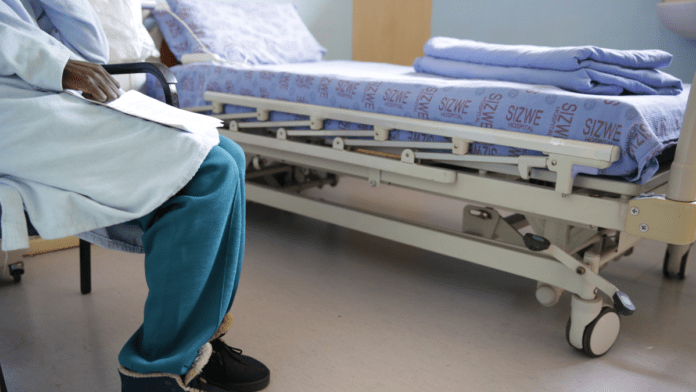T hirty years into democracy, our new administration faces the same challenge it did halfway through — the poor roll-out of mostly well-designed policies. In a series of articles in The Lancet in 2009 — 15 years after the landmark 1994 elections — South African researchers noted that while many of the country’s health system problems had historical roots in apartheid, poor implementation of forward-looking policies had hamstrung progress. Many fixes have been suggested.
The government’s key solution is in the now signed National Health Insurance (NHI) Act , which will function like a large, state medical aid, likely to be funded mainly through taxes, and which will pay for a predetermined set of healthcare services for all South Africans. The idea behind it is to reduce inequities and prevent out-of-pocket payments, so that everyone gets the same health services, regardless of whether they can pay for them . But the scheme is highly controversial and responses to it have been mixed — with some groups threatening legal action , others saying it’s the roadmap to health equity and still others arguing that growing the economy, rather than an NHI scheme, is the best way to deal with inequity, and that the corruption and bad management in our public health system first needs to be fixed for any new system to work.

Something the NHI almost certainly will not fix is how the conditions in which people live affect their health . Unless there’s a real shift to helping p.























